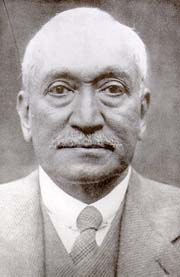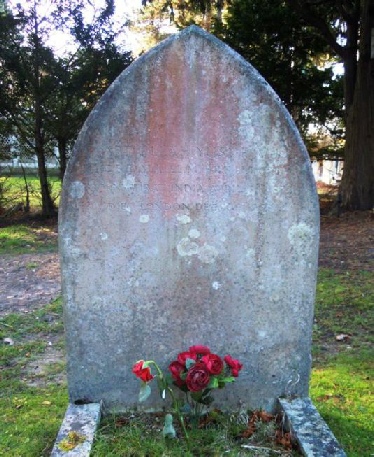

© John Clarke 2014-
John Clarke
Historian of Brookwood Cemetery

Abdullah Yusuf Ali
 ABDULLAH YUSUF ALI (1872-
ABDULLAH YUSUF ALI (1872-
Ali was born in western India on 4 April 1872 and was educated at Wilson College, Mumbai and St John’s College, Cambridge. He obtained a post in the Indian Civil Service and in 1896 he was called to the Bar by Lincoln’s Inn. Ali served in various districts of the United Provinces, including two short periods in the Finance Department of the Government of India.
In 1905, whilst in London, he gave a series of lectures at the Passmore Edwards Institute which provided the nucleus for his book, Life and Labour of the People of India, which appeared in 1907.
In 1914, for reasons of health and due to family anxieties, Ali was allowed to retire from the Indian Civil Service and he settled in England. He became a Trustee of the Shah Jehan Mosque in Woking. During the Great War he did much useful work for the war effort, including appeals for recruitment, in propaganda (written in English and Urdu), as a private in the West Kent Fencibles, and as President of the Indian Students’ Prisoners of War Fund. The Secretary of State for War, Edwin Montagu, obtained his services for the Indian delegation at the Paris Peace Conference in 1919.
Ali then entered the service of the Nizam of Hyderabad, as counsel in the Sarf-
There followed a period during which he undertook a round the world lecturing tour. He ended his tour in India where he presided at the All-
During his second period as Principal of the Islamia College, he devoted much of his time to a translation of the Qur’an, with notes and commentary. He brought to this enormous task his knowledge of Arabic, his great facility with the English language, and a lifetime’s close study of the principles and history of Islam. The first edition of his The Holy Qur'an: Text, Translation and Commentary appeared in 1934. It has become one of the most widely known English translations of the Qur'an.

Ali was an active supporter of the World Congress of Faiths and often spoke at his meetings.
Much of Ali’s literary output was devoted to the history and current problems of India, yet his chief interest remained Islam. He once wrote that the “high sounding music of the Qur’an verses” had “haunted him like a passion” since his childhood.
Ali suffered a heart attack on 10 December 1953 whilst in a London County Council home for the elderly in Dovehouse Street in Chelsea. He was taken to St Stephen’s Hospital, Fulham, where he died the same day. His funeral was arranged by the Pakistan High Commission.
Further reading
Ali, Abdullah Yusuf The Holy Qur'an: Text, Translation and Commentary (Lahore, 1938)
Famous Muslims of London on the British Muslim Heritage website.
Khizar Humayun Ansari, Ali, Abdullah Yusuf, Oxford Dictionary of National Biography, Oxford University Press, Oct 2012; online edition Jan 2013.
Who’s Who
Copyright © 2018 by John M. Clarke All Rights Reserved